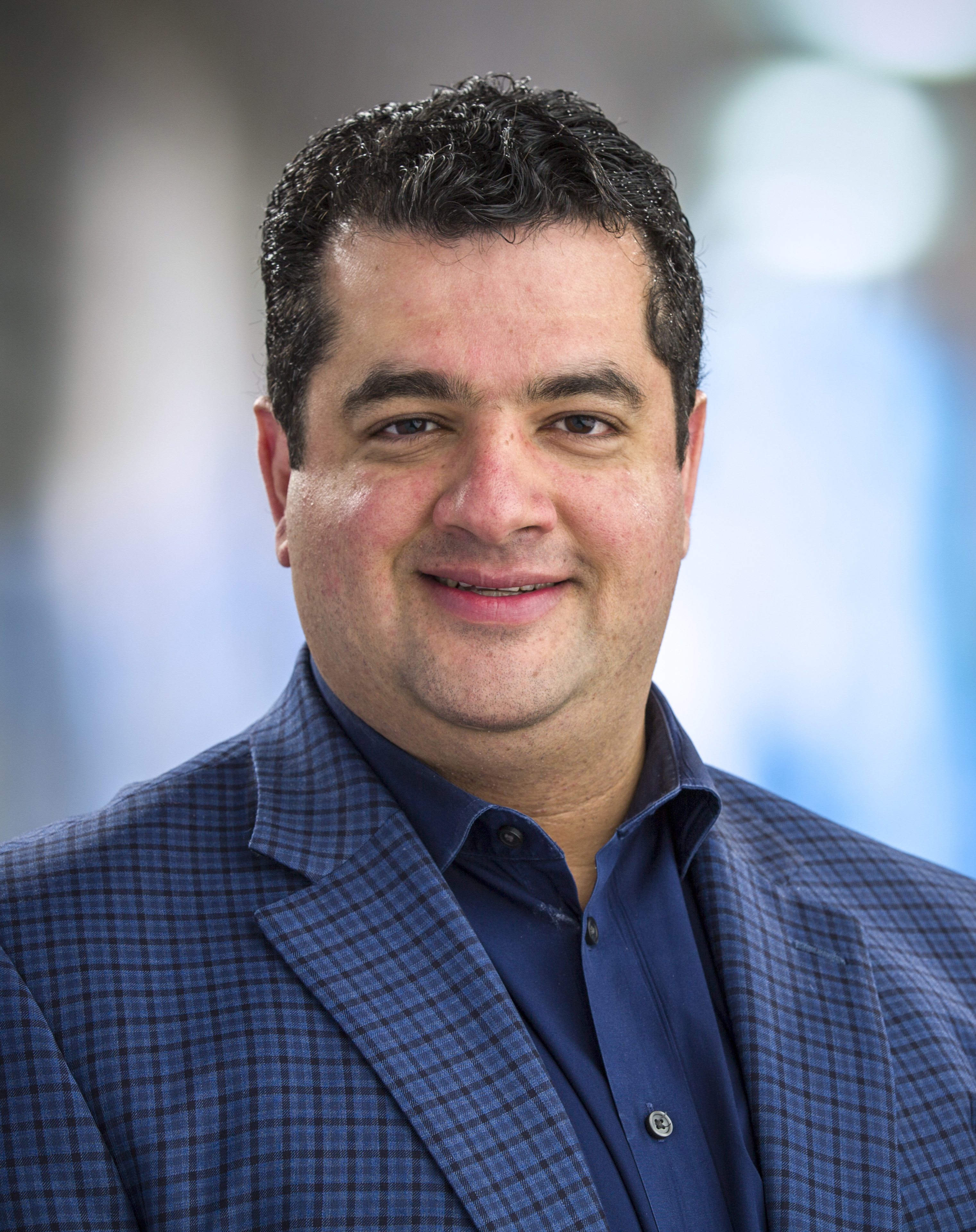Listen Now
Topics Covered
- Overview of Chronic Lymphocytic Leukemia (CLL)
- Key Questions to Ask & Re-Ask Your Health Care Team About Adherence
- The Critical Role of Caregivers in Adherence
- The Importance of Adherence: Taking Your Treatment on Schedule
- Discussion of Barriers to Taking Your Treatment & Pills on Schedule
- Tips to Overcome These Barriers
- Planning Ahead: Lead Time in Refilling Prescriptions, Weekends, Travel, Special Occasions, and Holidays
- Practical Help from Family, Partners, Caregivers & Others
- The Role of the Pharmacy & Pharmacist in Reminding You About Prescription Refills
- Suggestions for People Living with CLL & Their Caregivers to Cope with Taking Charge of Your Treatment Schedule
- Necessary Support for the Caregivers
- Questions for Our Panel of Experts
Our Panel of Experts

Mazyar Shadman, MD, MPH
Associate Professor and Innovators Network Endowed Chair, Assistant Medical Director, Cellular Immunotherapy, Fred Hutch Cancer Center and University of Washington, Seattle, WA

Adam S. Kittai, MD
Assistant Director of Lymphoma Clinical Research, CLL Clinical Research Leader, Associate Professor, Hematology and Medical Oncology, Department of Medicine, Icahn School of Medicine, Mount Sinai Hospital, New York, NY, Member, Committee on Training for the American Society of Hematology

Erin Mulvey, MD
Assistant Professor of Medicine, Division of Hematology and Medical Oncology, Weill Cornell Medicine

Brian Koffman, MDCM, MS Ed
Co-Founder, Executive VP and Chief Medical Officer, CLL Society, Inc.

Carolyn Messner, DSW, BCD, FAPOS, FAOSW
Senior Director of Education and Training, CancerCare
Brochure
You can download the brochure for this workshop
Workshop Date
This workshop was originally recorded on June 26, 2024.

